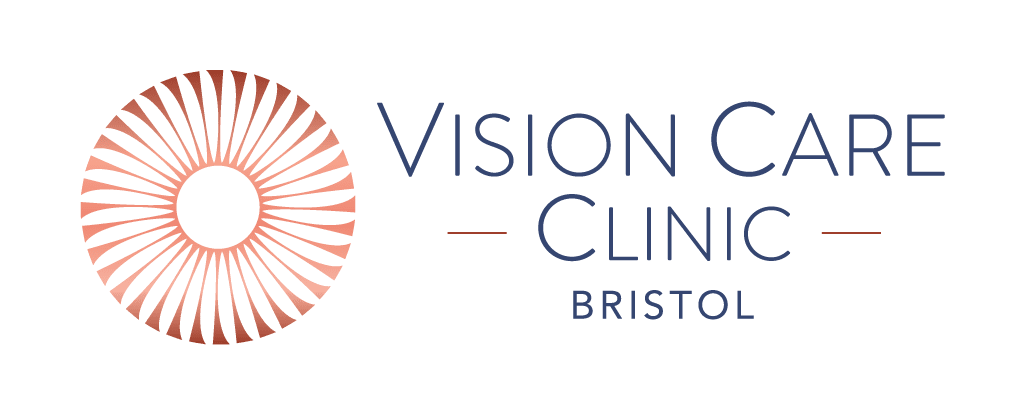The Benefits of Cataract Surgery
Cataracts are a common age-related condition that affects millions of people worldwide. Cataracts can develop slowly over time, causing gradual vision loss, or they can develop rapidly, leading to more sudden and noticeable symptoms. While age is the primary risk factor for cataracts, other factors such as genetics, smoking, excessive sun exposure, and certain medical conditions like diabetes can also increase the likelihood of developing cataracts. The good news is that cataracts are treatable with surgery, and the procedure has a high success rate in restoring clear vision and improving the quality of life for those affected.
What is Cataract Surgery?
Cataract surgery is a common and highly effective procedure used to treat cataracts, a condition in which the lens of the eye becomes cloudy, resulting in blurred vision. During the surgery, a skilled ophthalmologist removes the cloudy lens and replaces it with an artificial intraocular lens (IOL). This is typically performed on an outpatient basis, under local anaesthesia. The eye surgeon makes a small incision in the eye, either manually or using laser technology. Through this incision, ultrasonic waves are used to break up the cloudy lens, which is then gently suctioned out. The new IOL is then inserted into the eye, allowing light to properly focus onto the retina.
The Benefits of Cataract Surgery
Clearer Vision
The most obvious and immediate benefit of cataract surgery is the restoration of clear vision. By removing the cloudy lens and replacing it with an artificial intraocular lens (IOL), cataract surgery allows light to properly focus onto the retina, resulting in significantly improved vision. Patients often report a remarkable difference in clarity and sharpness of vision following the procedure, enabling them to enjoy daily activities such as reading, driving, and engaging with others with ease.
Enhanced Quality of Life
Improved vision through cataract surgery translates to an enhanced quality of life. When cataracts impair vision, simple tasks like reading, watching television, or even recognising faces become challenging. As a result, individuals may experience a decline in overall independence and a reduced ability to engage in activities they once enjoyed. Cataract surgery effectively restores vision, enabling patients to reclaim their independence, regain confidence, and return to their favourite hobbies and social interactions.
Cataract Surgery Safety & Efficiency
Cataract surgery has evolved to become one of the safest and most efficient surgical procedures performed today. The procedure is typically performed on an outpatient basis at Vision Care Clinic, meaning patients can return home on the same day. Local anaesthesia is commonly used, making the surgery relatively pain-free and reducing the risks associated with general anaesthesia. Additionally, the high success rate and low complication rates of cataract surgery provide reassurance and peace of mind for patients considering the procedure.
Cataract Surgery at Vision Care Clinic
Vision Care Clinic is Bristol’s leading private eye clinic, offering a range of cataract surgery options including insurance cataract surgery, enhanced and premium cataract procedures. Our award-winning surgeons will recommend the optimal solution following a comprehensive clinical assessment based on vision, lifestyle, and aspirations to achieve the best possible results for each individual patient.
To book in for your cataract surgery consultation at Vision Care Clinic, call us today on 0117 905 7722 and one of our friendly team members will get back to you.
by Helen Wood


